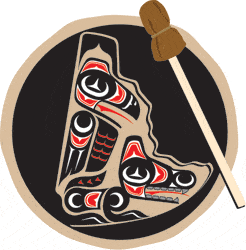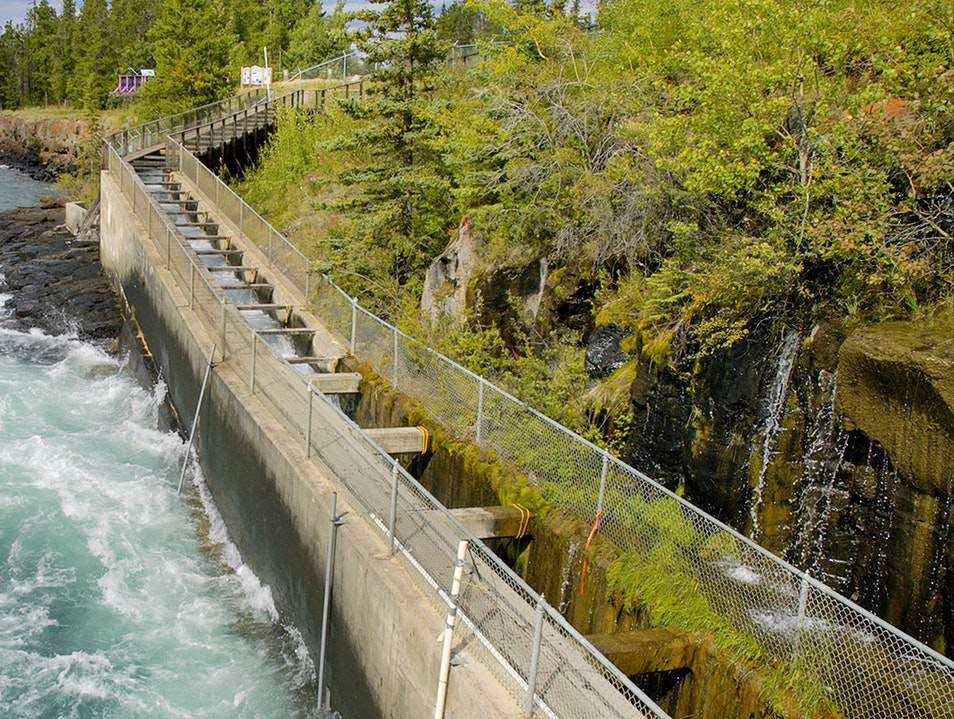
Members of the Yukon Salmon Sub Committee say the low fish count at the Whitehorse Fish Ladder this year is unfortunate.
Yukon Salmon Sub Committee Executive Director Elizabeth MacDonald says this years fish count so far at the Whitehorse Fish Ladder is unfortunate.
MacDonald says only 270 salmon were counted at the station this year, which she says is quite low in comparison to the 220,000 fish that were counted at the Pilot Station Sonar Station near the head of the Yukon River in Alaska.
MacDonald says fish harvesting could be one major impact on the decline of the salmon count upriver.
"The general trend is at the mouth of rivers, things did better than expected. The further upriver you go, it seems that there's been less and less Chinook salmon. The better than expected numbers haven't been materializing. At the end of the season, I know that fish scientists and managers will be looking at the harvest data. That's one missing piece of the picture — how many were harvested. That could account for all the change."
MacDonald says there could be one other reason around the decline of the salmon numbers up the Yukon River.
"This year, there was a big anomaly in the lower section of the river in the US where there were record high water temperatures. That can be really hard on salmon, and we expected that it caused stress or impact to the Chinook. In the Koyakuk tributary to the Yukon, we did see mass die-off of summer chum (before) they got a chance to spawn. Alaska scientists are believing that was due to the high water temperatures."
While MacDonald says the salmon numbers weren't as negative as our Alaska counterparts this year, she says it's important for Yukoners to protect fish habitat in the era of climate change.
"We're seeing (this year) how climate change can affect the stock. We are fortunate as Yukoners that that stock wasn't within our territory. With warming temperatures and climate change, we could see those similar impact on our side of the river in future years. We want to be sure we're aware of that and keeping the fish habitat so they can continue to thrive."
Total salmon harvest numbers from Alaska are expected near the end of the fall.
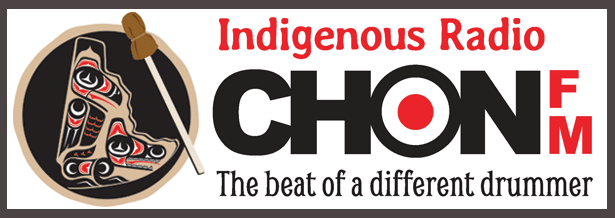
 The end of one Star sparks the birth of another
The end of one Star sparks the birth of another
 UPDATE: Missing First Nations Haines Junction residents located
UPDATE: Missing First Nations Haines Junction residents located
 Minister's home vandalized with threats and profanity
Minister's home vandalized with threats and profanity
 Whitehorse Community Thrift Store donates $100K to community organizations.
Whitehorse Community Thrift Store donates $100K to community organizations.
 Whitehorse residential school ground searches completed
Whitehorse residential school ground searches completed
 Arrested parent accuses department of Education of escalating matters at Holy Family School
Arrested parent accuses department of Education of escalating matters at Holy Family School
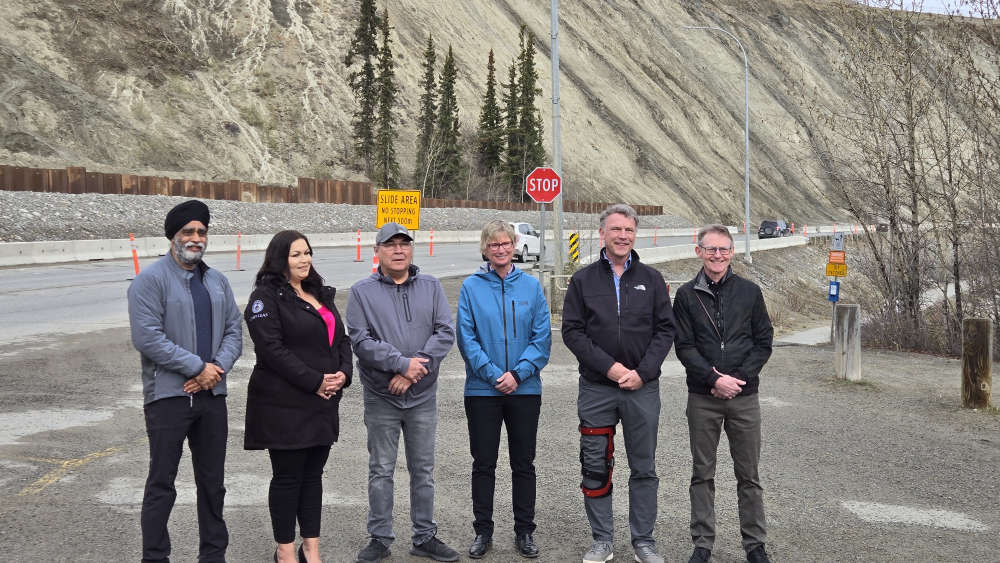 Government of Canada announce over $45M to protect Whitehorse Escarpment and Robert Service Way
Government of Canada announce over $45M to protect Whitehorse Escarpment and Robert Service Way
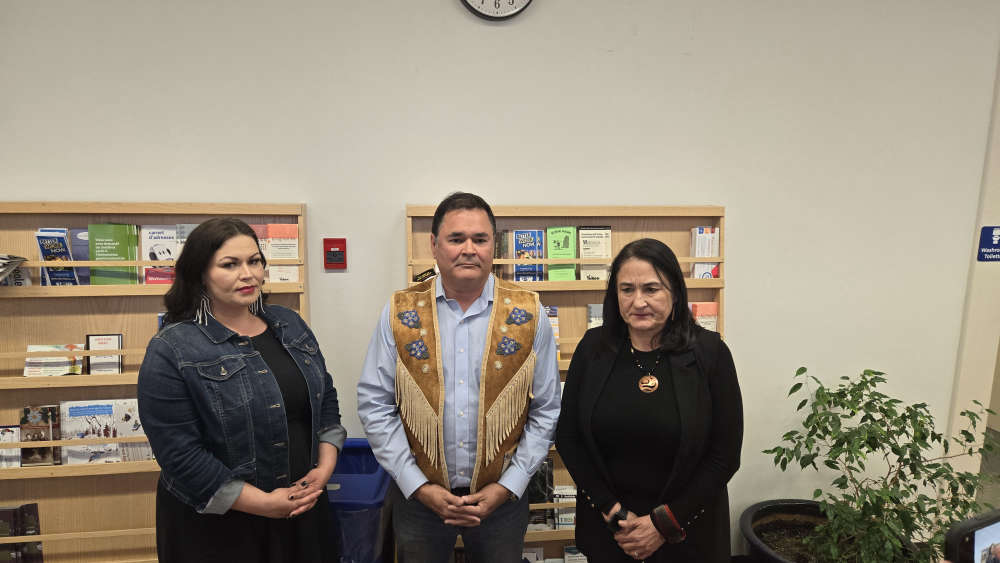 Yukon government passes Health Authority Act
Yukon government passes Health Authority Act
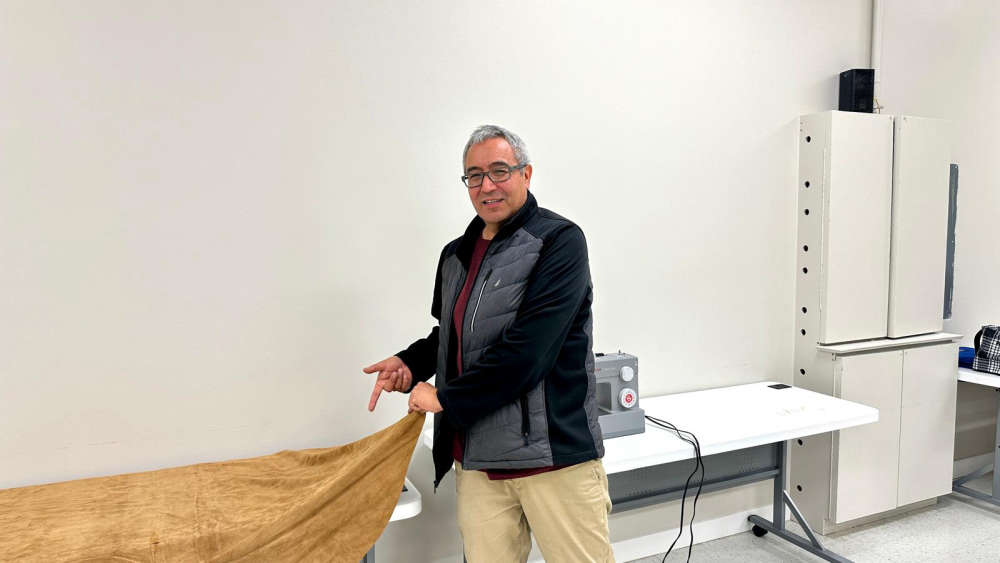 Regalia workshop for special traditional occasions holds in Whitehorse
Regalia workshop for special traditional occasions holds in Whitehorse
 Unity in the Community Walk for four Yukon women who died at the Whitehorse Emergency Shelter held in Whitehorse
Unity in the Community Walk for four Yukon women who died at the Whitehorse Emergency Shelter held in Whitehorse
 Testimony hearing into the deaths of four Yukon women comes to an end.
Testimony hearing into the deaths of four Yukon women comes to an end.
 Ground searches at two former Whitehorse residential school sites begin this week
Ground searches at two former Whitehorse residential school sites begin this week
 Coroner's Inquest sees footage of lifeless body ignored for more than 12 hours
Coroner's Inquest sees footage of lifeless body ignored for more than 12 hours
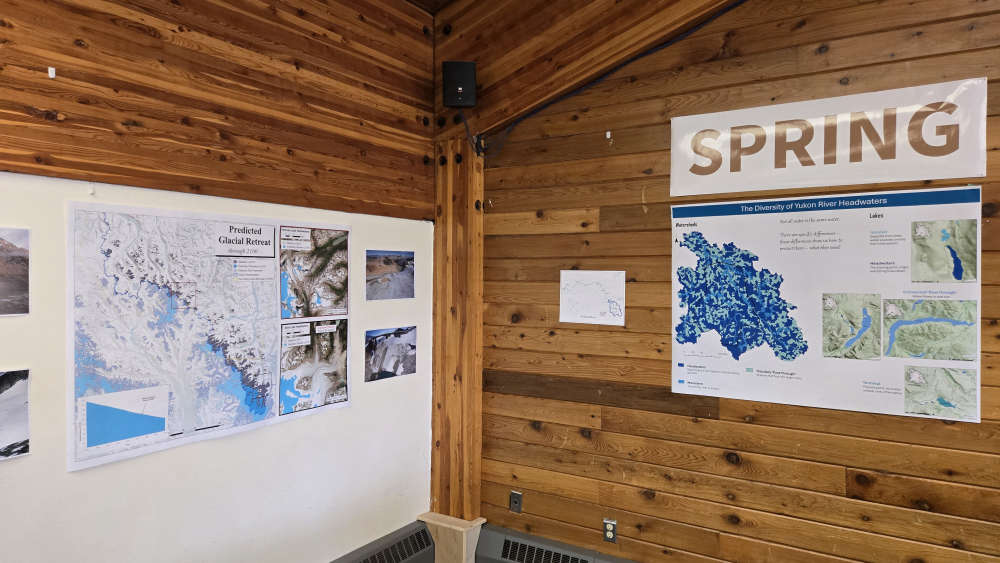 How We Walk with the Land and Water holds two open houses
How We Walk with the Land and Water holds two open houses
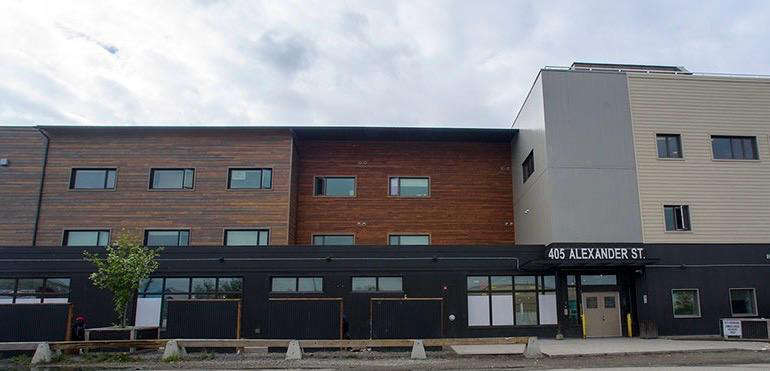 Whitehorse Emergency Shelter staff not trained for emergencies, inquest hears
Whitehorse Emergency Shelter staff not trained for emergencies, inquest hears
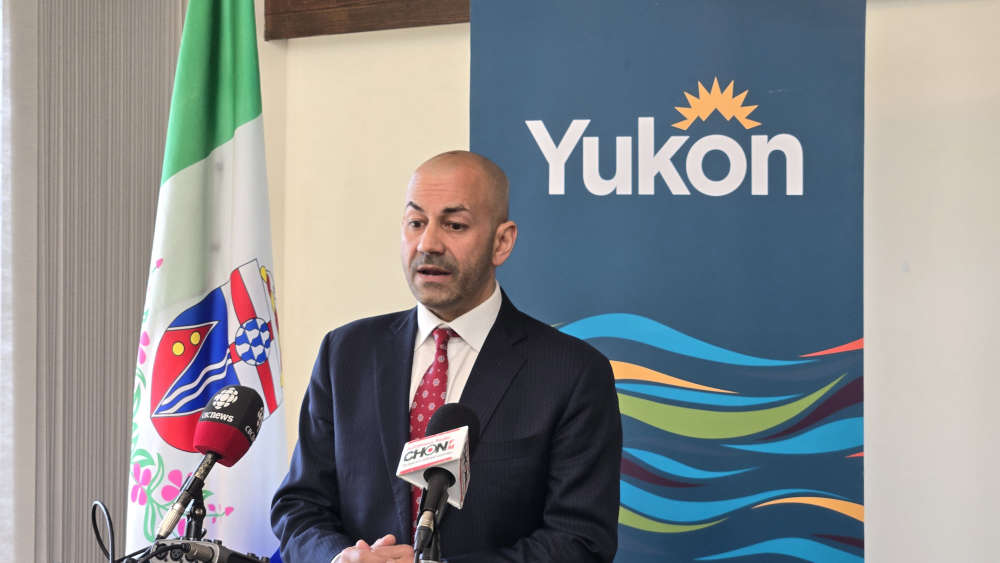 Premier pledges to meet with Yukoners living in tents to help them find housing
Premier pledges to meet with Yukoners living in tents to help them find housing

